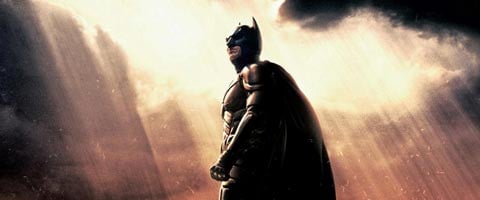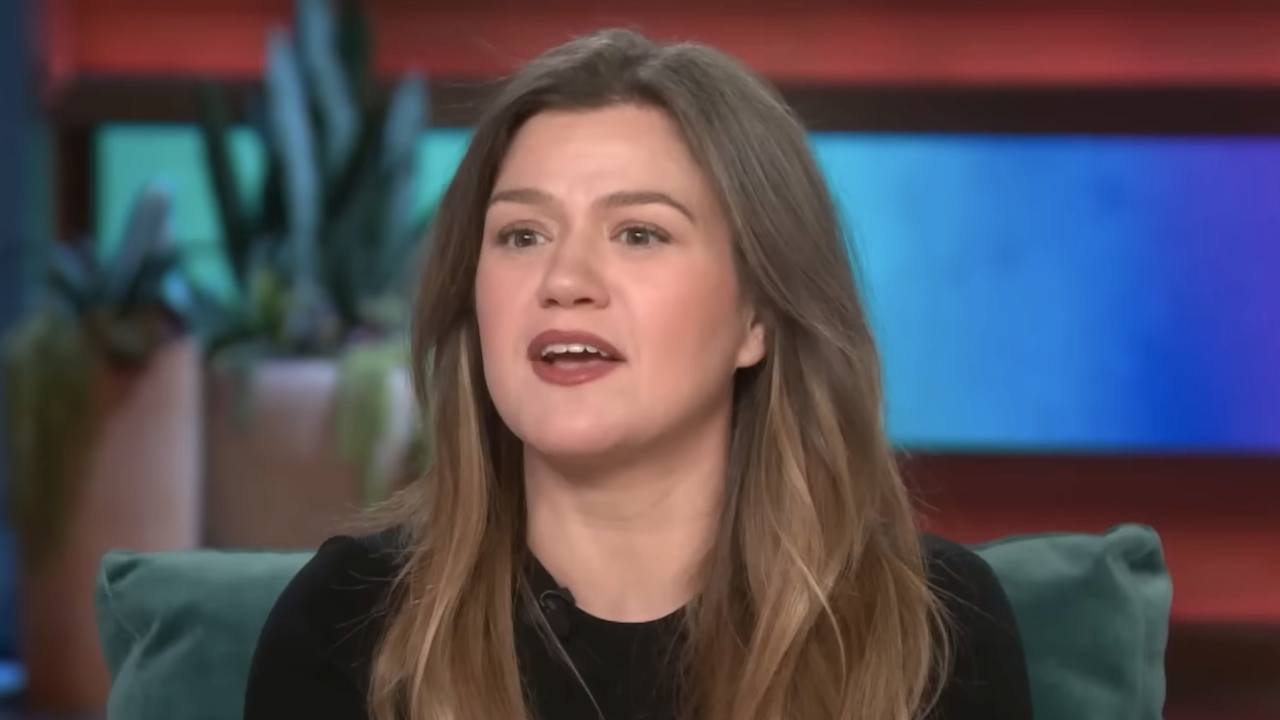Don't Let Anyone Blame The Dark Knight Rises For The Colorado Tragedy

Your Daily Blend of Entertainment News
You are now subscribed
Your newsletter sign-up was successful
When terrible things happen, we tend to look for answers even if they don't exist. After Columbine some tried to pin the shootings on Marilyn Manson and violent video games. After the 2002 sniper shootings in the D.C. area some tried to blame terrorism, when the culprit was a loner with a rifle. It was a similar situation with 2007's shootings at Virginia Tech, a terrible tragedy enacted by a man with reasons we had no way of understanding.
The same process is already underway for understanding the shootings that took place in Aurora, Colorado, early into a screening of The Dark Knight Rises. The connection to the brand-new, hugely anticipated Batman movie is automatic, of course-- the film has dominated headlines for weeks and was on everyone's mind, and somehow the knowledge that this happened to people seeing the very movie you'll probably see this weekend makes the tragedy all the sharper. Early cable news reports searched for a connection between the gunman's attire-- gas mask, SWAT-style jacket-- and the character of Bane; multiple eyewitnesses said they first heard the gunshots and assumed it was an effect from the movie, which was in the middle of a scene in which Catwoman is caught in a gunfight inside a bar.
Undoubtedly, The Dark Knight Rises will forever be associated with this tragedy, in a way that its creators could never have anticipated. It will be hard, for a little while at least, to think about The Dark Knight Rises on its own terms, and especially to watch the movie's more violent scenes and not imagine the very real violence that played out alongside it in Aurora. But the fact that this shooting happened during this movie is, in all likelihood, no reflection on the movie itself; it's a man with a gun and a horrible plan, picking a location where there would be a lot of people sitting in the dark, vulnerable and unaware.
The thought process that goes behind an act like this is unknowable, and will probably remain so no matter how much we learn about the accused shooter James Holmes. But as the news cycle drones on and people want to know "why," it's irresistible to connect the gas-mask-wearing shooter with images from The Dark Knight Rises. But resist it. People have tried and failed for decades to claim that violence in the movies, or in video games, causes these kinds of senseless act, and it's never stuck. As Anthony Lane put it so eloquently in The New Yorker, "no film makes you kill." That goes double for what happened in Aurora. Leave the art out of it, and focus on the ways to actually prevent something like this from happening ever again.
Your Daily Blend of Entertainment News
Staff Writer at CinemaBlend

